In Nigeria, Doctors Turn to Basic Hygiene to Slow Covid-19
As the coronavirus pandemic spreads through Africa’s most populous country, a health foundation pushes for better access to water, sanitation and hygiene

Members of Wellbeing Foundation Africa speaking about their Clean Hands for All initiative © Wellbeing Foundation Africa
By Elena Bruess, and Claire Kurnick, Circle of Blue
Otun Adewale recounts the story of two doctors in a private hospital in Abuja, Nigeria. One who washes his hands after he is with a patient, the other who does not. One who contracts Covid-19 and one who does not.
Adewale is a senior medical officer in maternal and child health. Since the beginning of the year, the doctor has been working with Wellbeing Foundation Africa (WBFA), an organization that focuses on women’s and children’s health in Nigeria through education, advocacy, and better care. For the past few months, Adewale and the team at WBFA have had a new mission: breaking the transmission of Covid-19 by improving water, sanitation, and hygiene practices.
“This story actually got me interested,” Adewale told Circle of Blue, referring to the parable of the two doctors. “That as simple as handwashing can be, as simple as observing these precautionary measures can be, it can actually save you from the dangers of Covid-19. The other person who takes it for levity is facing the music now.”
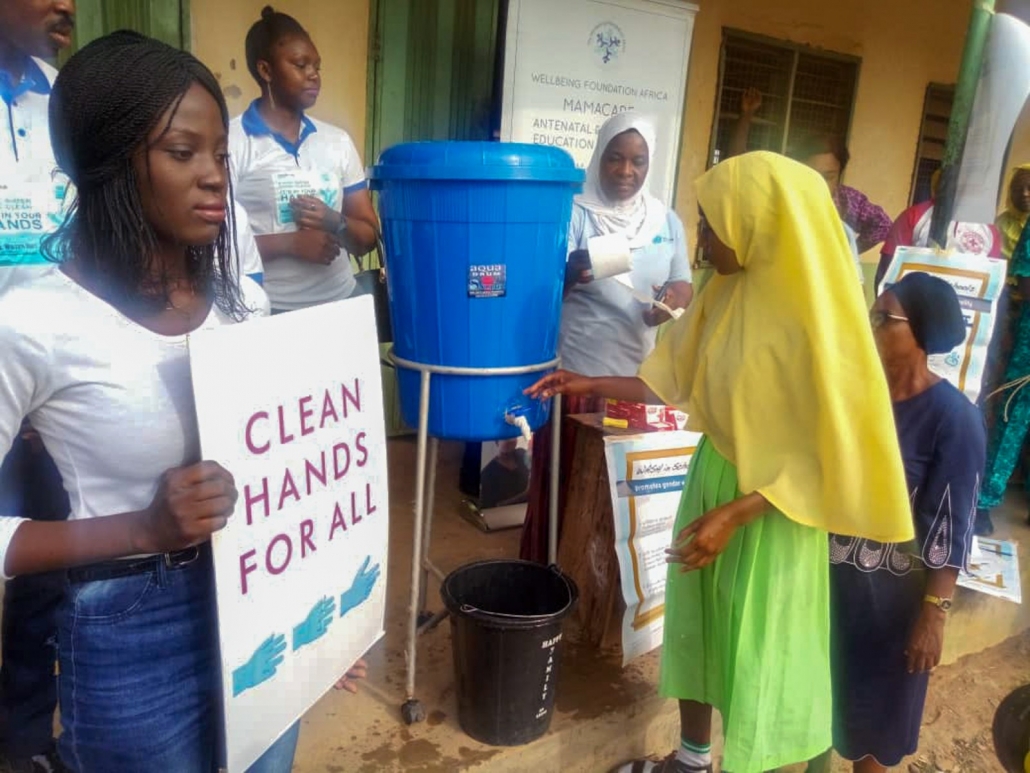
Members of Wellbeing Foundation Africa present clean water for handwashing. Photo © Wellbeing Foundation Africa
Though it had a late start, the disease is spreading through Nigeria with increasing speed. As of June 30, Nigeria had more than 25,000 confirmed Covid-19 cases, the second highest number in Africa. Forty percent of the cases were recorded in the last two weeks. Vulnerable populations such as frontline healthcare workers are at a greater risk without proper water or hygiene.
“That as simple as handwashing can be, as simple as observing these precautionary measures can be, it can actually save you from the dangers of Covid-19. The other person who takes it for levity is facing the music now.”
That is where organizations like WBFA step in. The foundation notes that hospitals and clinics often have inadequate water supplies and lack soap to prevent disease transmission. According to Rita Momoh, a midwife with WBFA, expecting mothers might be scared doctors will bring Covid-19 to their homes when they have a checkup, or the mothers may not be comfortable going to the healthcare facility when they need to.
“The atmosphere surrounding handwashing and personal hygiene in response to Covid-19 [in Nigeria] can be rated very, very low.” Adewale explained. “A majority of Nigeria still believes Covid-19 isn’t real. Some believe it is a scam.” He added: “People will only take responsibility for their health when they are convinced of Covid-19.”
‘It All Comes Back to WASH’
A leading organization for water, sanitation, and hygiene before Covid-19, the foundation has since intensified its educational outreach due to the virus. WBFA workers teach classes to healthcare facility employees and engage with hospital officials to install handwashing stations. The foundation holds meetings with community leaders and passes out flyers in the local language so residents can understand and value the information. WBFA also has a virtual program for adolescents across states, to educate and demonstrate how to wash.
Most rural communities do not have easy access to clean water, and residents will often travel long distances to find wells or creeks. Urban Nigeria has better water and sanitation access rates than rural areas, yet cities face their own challenges with the virus. The expansion of unplanned settlements such as slums puts more lives at risk because of crowded living conditions and inadequate water, sanitation, and hygiene, known collectively by their acronym WASH.
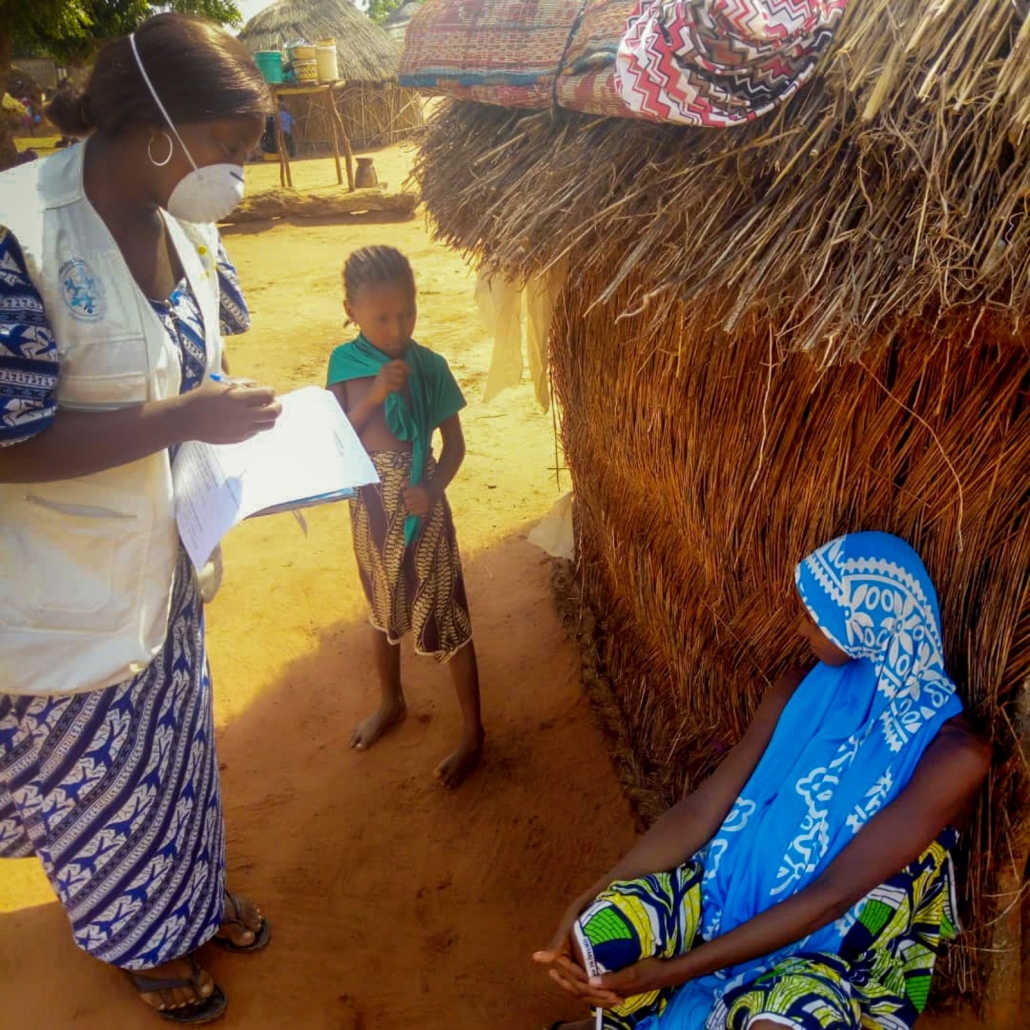
A member of Wellbeing Foundation Africa speaks with villagers about WASH and Covid-19. Photo © Wellbeing Foundation Africa.
“We’re talking infection prevention and control, but with infection prevention and control we’re talking water and sanitation hygiene. It all comes back to WASH.”
According to WaterAid, 57 million people in Nigeria do not have access to clean water, and 130 million do not have basic sanitation or hygiene. This is in a country of about 200 million people. Nigeria operates as a federation of 36 states, each with a different institutional framework. The fragmentation has its drawbacks. According to Alero Roberts at WBFA, the water board that is responsible for clean water and sanitation in every state is often aging and ineffective.
“What this pandemic has taught us is how easily our health system can be stretched beyond capacity,” Roberts told Circle of Blue. “We’re talking infection prevention and control, but with infection prevention and control we’re talking water and sanitation hygiene. It all comes back to WASH.”
For now, WBFA will continue to educate individuals and advocate for healthcare adaptation in Nigeria. So when a patient needs a checkup, there’s no doubt about handwashing and proper procedures.
“Because what we need to do is change hearts and minds,” Roberts said.
Elena Bruess writes on the intersection of environment, health, and human rights for Circle of Blue and covers international conflict and water for Circle of Blue’s HotSpots H2O.

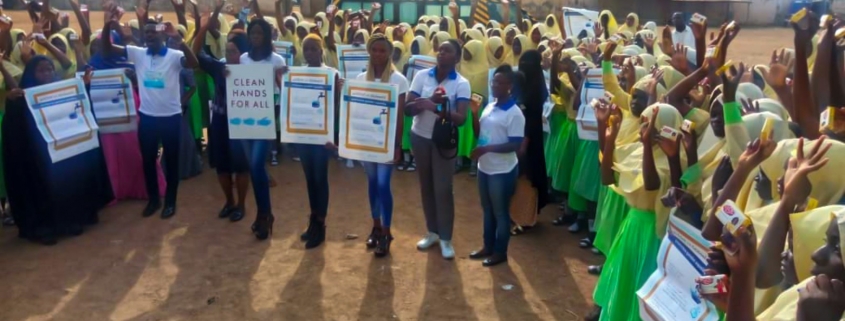
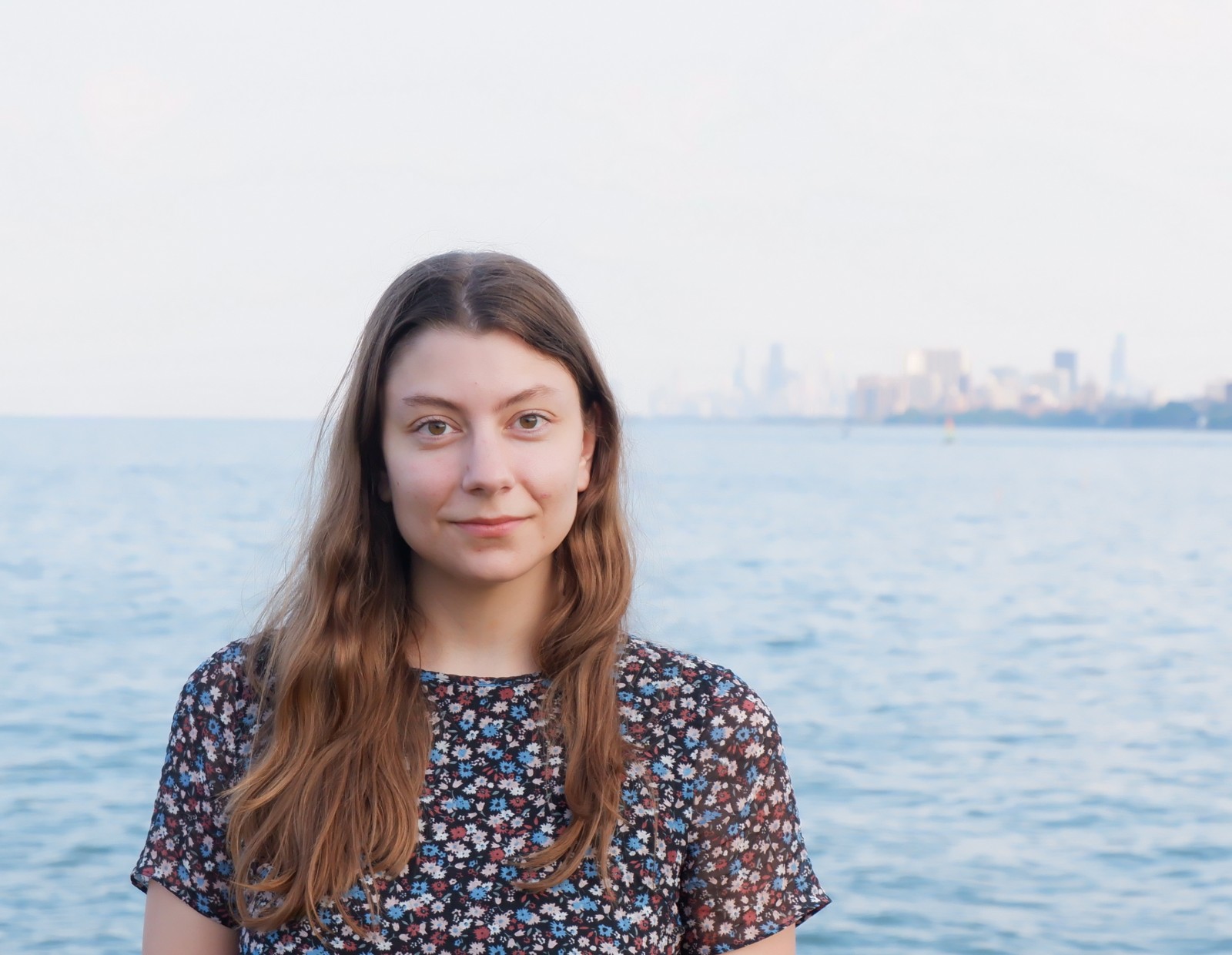
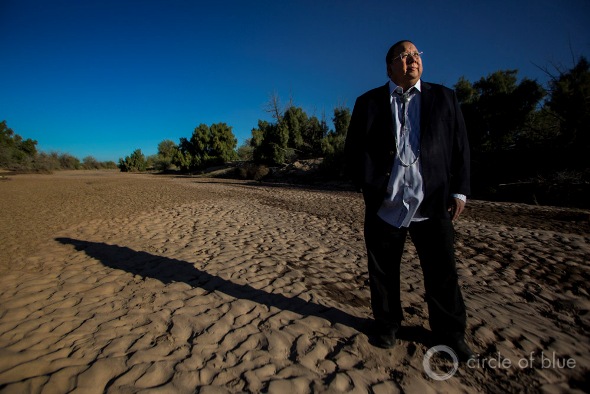
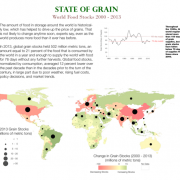
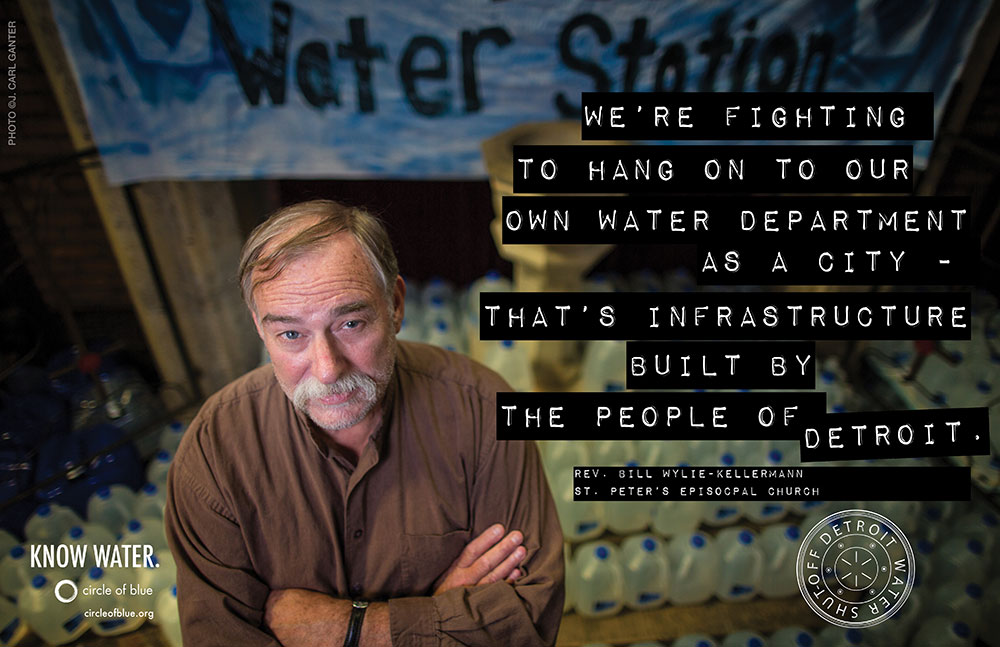
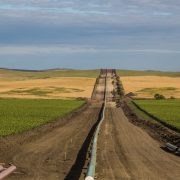
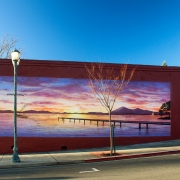
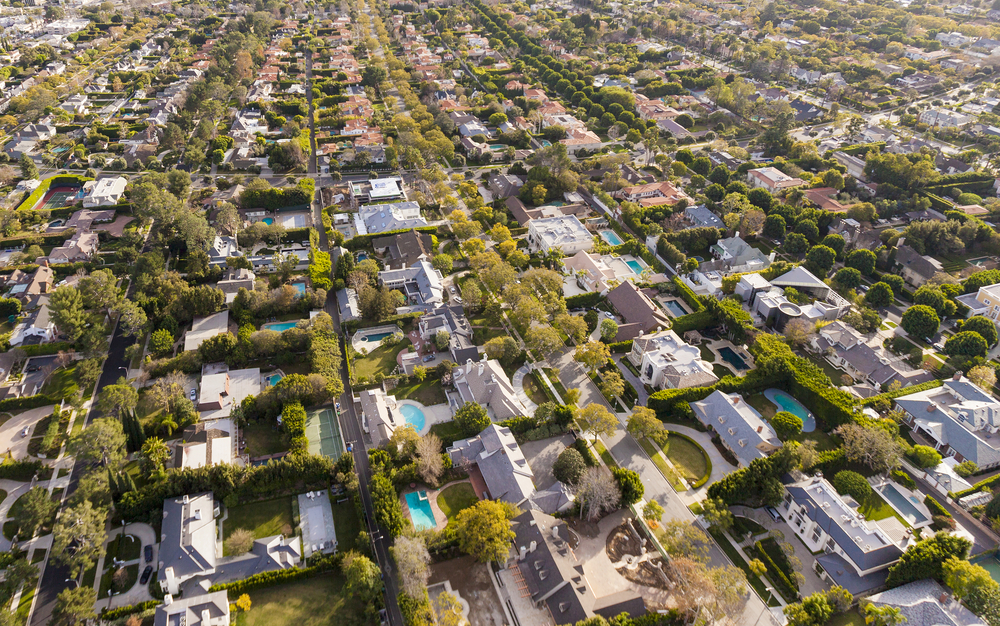


Leave a Reply
Want to join the discussion?Feel free to contribute!